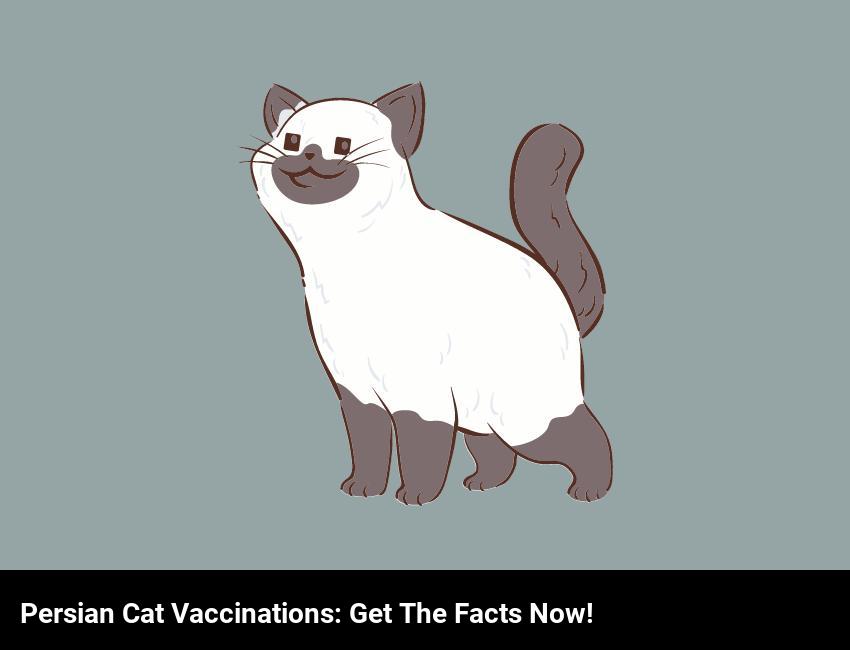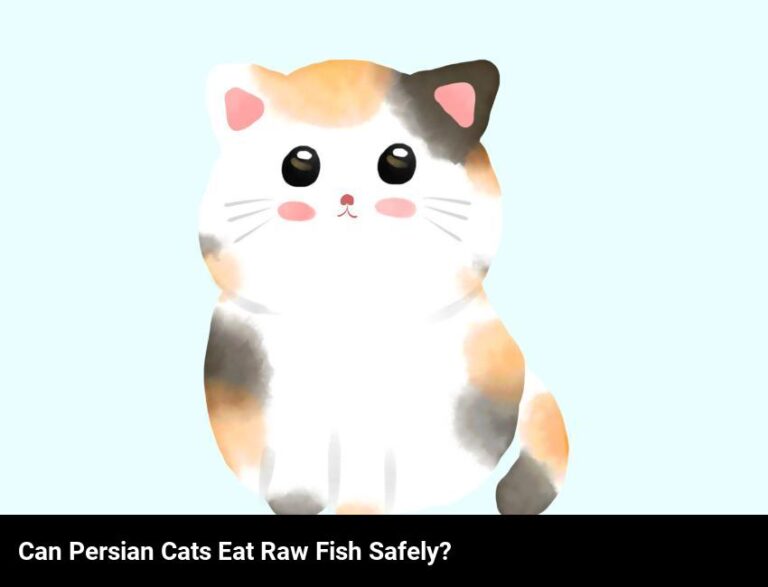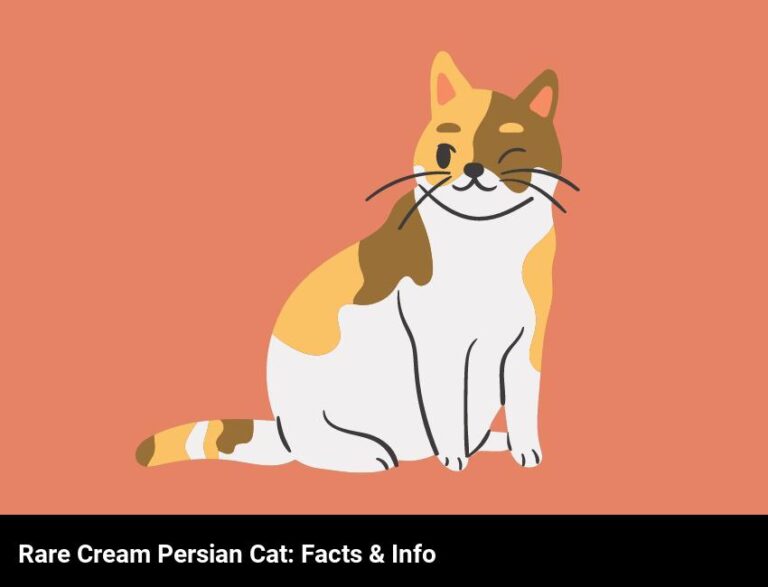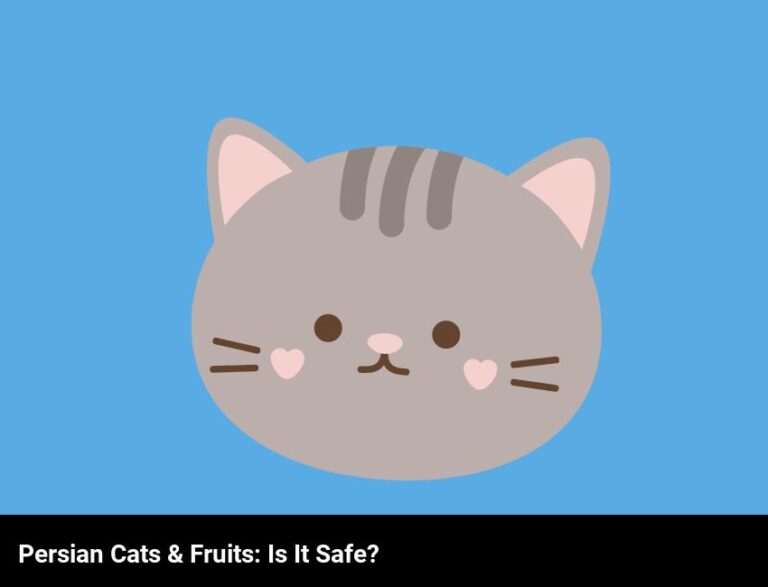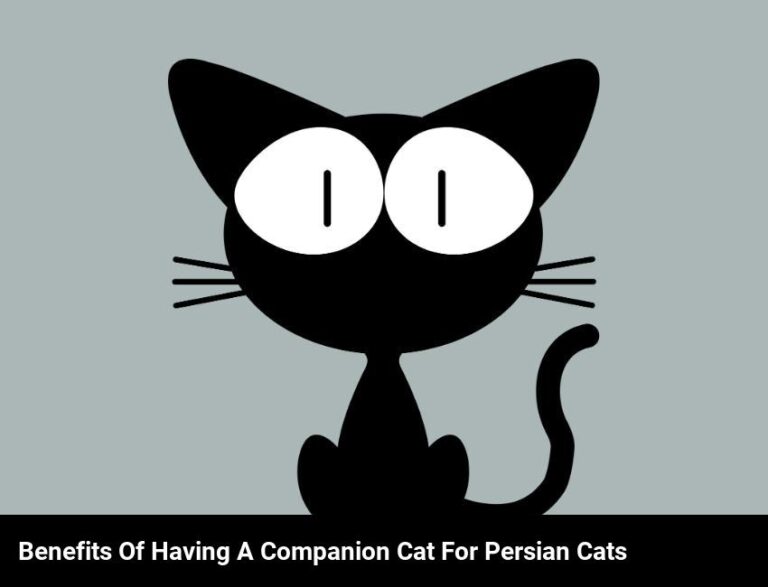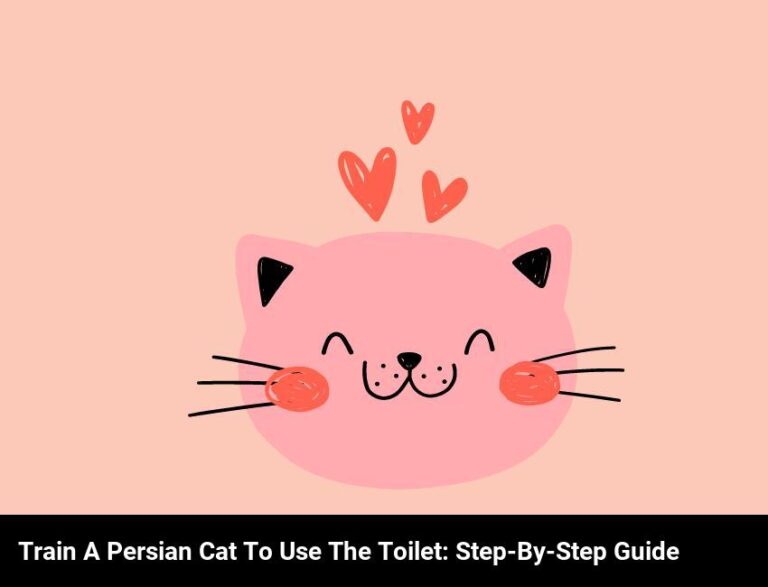Get The Facts On Persian Cat Vaccinations Today!
Persian cats require the same vaccinations as other breeds. Core vaccines, such as rabies, should be administered annually, while others, such as feline distemper and feline leukemia, are typically given at least every three years. Talk to your veterinarian for more information about Persian cat vaccinations.
I’m the proud owner of a beautiful Persian cat, and like all responsible pet owners, I want to make sure my furry friend is always safe and healthy. Vaccinations are an important part of that, so I want to make sure I have all the facts on Persian cat vaccinations. In this blog, I’ll be sharing what vaccinations do Persian cats need and why, the possible side effects of Persian cat vaccinations, the signs that a Persian cat needs to be vaccinated, how often Persian cats should be vaccinated, where to find a good vet to vaccinate my Persian cat, what’s the best age to start vaccinating my Persian cat, are there any alternatives to vaccinating my Persian cat, and any additional tips for successfully vaccinating my Persian cat.
This blog is a comprehensive guide for Persian cat owners who want to ensure their beloved pet is kept safe and healthy through proper vaccinations. With all this information, you can be sure that your Persian cat will be protected from any disease or infection.
What vaccinations do persian cats need and why?
You’ve always been a fan of Persian cats, and you’re ready to take the plunge and get one for yourself. But before you bring your new furry friend home, you need to know about the vaccinations that a Persian cat needs.
When it comes to vaccination schedules for Persian cats, your veterinarian is the best source of information. Generally, Persian cats should receive the same vaccinations as other cats: rabies, distemper, and feline leukemia. In addition, the vaccination schedule may vary depending on the age and health of your Persian cat.
Rabies is a virus that can cause severe neurological illness and death. It’s easily transmitted from animals to humans, so it’s important to make sure your Persian cat is vaccinated against it. Distemper is a virus that affects cats’ respiratory systems, and it can be fatal. Feline leukemia is a virus that can cause various types of cancer in cats and can be transmitted from cat to cat.
Vaccinations are important for Persian cats because they help protect your cat from preventable diseases. Vaccines are safe and effective, and they help keep your cat healthy and happy. It’s important to stay up to date with your cat’s vaccinations, so be sure to talk to your veterinarian about the best schedule for your Persian cat.
What are the possible side effects of persian cat vaccinations?
Vaccinating your Persian cat is a great way to keep your furry friend healthy, but it’s important to know what possible side effects may occur. Thankfully, most cats experience no side effects from vaccination. Nevertheless, some cats may feel soreness, swelling, or redness at the injection site, or they may feel tired and achy for a few days.
More serious side effects, like an allergic reaction, can sometimes occur. If your cat experiences facial swelling, hives, or difficulty breathing, contact your vet right away. These symptoms can be treated, but it’s important to get help quickly.
In rare cases, cats may experience what is known as injection site sarcomas. This is a type of tumor that can develop at the site of the injection. While this type of tumor is very rare and typically slow-growing, it is important to be aware of it so you can keep a close eye on your cat’s health.
No matter what side effects your cat may experience, it’s important to remember that the benefits of vaccination usually outweigh any risks. Working with your vet to ensure your cat is properly vaccinated can help keep them healthy for years to come.
What are the signs that a persian cat needs to be vaccinated?
Vaccinations are essential for keeping your Persian cat healthy and free of disease. Knowing the signs that your pet needs to be vaccinated can help you protect them and keep them healthy.
One of the most obvious signs that your Persian cat needs vaccinations is if their vaccinations are overdue. It’s important to keep up-to-date on your Persian cat’s vaccinations, so make sure to check with your veterinarian to see if your pet is due for any vaccinations.
If your Persian cat is displaying any unusual signs or behaviors, it could be a sign that they need to be vaccinated. This could include coughing, sneezing, lethargy, or any other signs that your pet is feeling under the weather. If you notice any of these signs, it’s important to get your pet to the vet right away to get them vaccinated.
It’s also important to keep an eye out for any signs of parasites, such as fleas or ticks. If you notice any of these parasites on your Persian cat, it’s important to get them vaccinated right away to prevent any potential diseases that could be caused by the parasites.
Finally, if you are planning to take your Persian cat to an unfamiliar environment, such as a boarding facility or a pet groomer, it’s important to get them vaccinated before they go. This will help to protect your pet from any potential illnesses or diseases that they could be exposed to in the new environment.
By paying attention to the signs that your Persian cat needs to be vaccinated, you can help to keep them healthy and free of disease. Make sure to keep up-to-date on their vaccinations and take them to the vet if you notice any possible signs that they need to be vaccinated.
Are there any additional tips for successfully vaccinating my persian cat?
Yes, there are some additional tips to make sure your Persian cat is vaccinated safely and effectively!
- First, make sure your Persian cat is up-to-date on their deworming and parasite control. This helps prevent any parasites from entering your cat’s body and weakening their immune system, which can make them more susceptible to diseases and make the vaccination less effective.
- Secondly, make sure your Persian cat is healthy before vaccinating them. If your cat appears to be ill or if they have any pre-existing health issues, it is best to wait until they are feeling better before vaccinating them. This helps ensure that the vaccine is effective and that your cat doesn’t suffer any adverse reactions from the vaccine.
- Thirdly, make sure to get your Persian cat the right type of vaccine. Depending on your cat’s age and lifestyle, there may be different types of vaccines that are more suitable for your cat. Talk to your vet to find out which type of vaccine will be best for your cat.
- Lastly, be sure to follow up with booster vaccinations as recommended by your vet. Booster vaccinations help to ensure that your Persian cat remains protected against diseases and helps them stay healthy.
How often should persian cats be vaccinated?
If you’re a proud owner of a Persian cat, you may be wondering how often your kitty should be vaccinated. The good news is that the answer is simple – generally, your Persian cat should be vaccinated once a year.
Vaccinations are an essential part of preventive healthcare for cats, and even indoor cats should be vaccinated to protect them from diseases and illnesses. Vaccines are important for Persian cats, as they are susceptible to upper respiratory diseases, which can be prevented with a simple vaccination.
It’s also important to remember that you may need to vaccinate your Persian cat more than once a year if they haven’t been vaccinated previously, or if they’re going to be around other cats that haven’t been vaccinated. This is to ensure that they are not exposed to any illnesses or diseases that they could be vulnerable to.
Your veterinarian can help you determine the best vaccination schedule for your Persian cat, as well as provide information on any additional vaccinations that may be needed. They can also give you tips on how to keep your Persian cat healthy, such as proper nutrition and exercise.
Vaccinations are the best way to keep your Persian cat healthy, so make sure to consult your veterinarian for the best schedule for your furry friend.
Where can i find a good vet to vaccinate my persian cat?
If you’re looking for a great vet to vaccinate your Persian cat, you’re in luck! There are plenty of reliable veterinarians who specialize in cats and can provide your furry friend with the vaccinations they need. Here are some tips on how to find the perfect vet for your kitty:
First, make sure the vet is experienced in treating cats. Ask around to see if anyone has any recommendations for a local cat-friendly vet. Check online for reviews and ratings for local vets and ask your family, friends, and neighbors for their opinion.
Second, look for a veterinarian that offers the vaccinations your Persian cat needs. Make sure they have all the necessary vaccines, such as rabies, distemper, and feline leukemia. Ask if they offer any additional services, such as microchipping or spaying/neutering.
Third, consider the vet’s office hours and location. Make sure the vet’s office is open during times that are convenient for you and that the location is not too far away. You’ll need to make regular trips to the vet for checkups and vaccinations, so it’s important to make sure it’s easy to get to.
Finally, ask questions. Don’t be afraid to ask the vet questions about their services and experience. You should also ask about their payment options and any discounts or specials they offer.
Finding the perfect vet for your Persian cat is important for their health and well-being. With a bit of research, you can find a reliable veterinarian who can provide the vaccinations your kitty needs.
What is the best age to start vaccinating my persian cat?
If you own a Persian cat, you may be wondering what the best age is to start vaccinating them. The answer is simple: as soon as possible! Vaccinating your Persian cat while they are still young will help them build an immunity to potentially dangerous diseases.
It’s important to find a veterinarian that you can trust and schedule regular check-ups and vaccinations. Most veterinarians recommend vaccinating your Persian cat around 8 weeks of age, and then again at 12, 16, and 20 weeks. This will provide a full set of vaccinations and help your cat build immunity.
Your veterinarian should also provide regular check-ups to make sure your Persian cat is healthy and up-to-date on all of their shots. They may suggest additional vaccines for your Persian cat depending on their lifestyle and the area in which you live.
By starting vaccinations early and staying up to date, you’re providing your Persian cat with the protection they need to stay healthy and happy for years to come. So make sure to get your Persian cat vaccinated as soon as possible and to keep up with regular check-ups and shots.
Are there any alternatives to vaccinating my persian cat?
Yes! You can vaccinate your Persian cat, and there are alternative options available. First, you can opt to get a titer test to measure your cat’s antibodies in the bloodstream. This will let you know if your cat has immunity to potential diseases and may mean that you don’t need to vaccinate. Second, you can look into homeopathic or holistic vaccines, which are safer alternatives to traditional vaccines. Finally, you can ask your vet about staggered vaccinations, which give your cat smaller doses over time.
No matter which option you choose, it’s important to talk to your vet first and make sure your cat is healthy and can handle the vaccinations. Your vet will be able to advise you on the best course of action for your cat.
When it comes to vaccinations, there are many choices available, and ultimately the decision is up to you. With the right information and guidance, you can make the best decision for your Persian cat’s health.
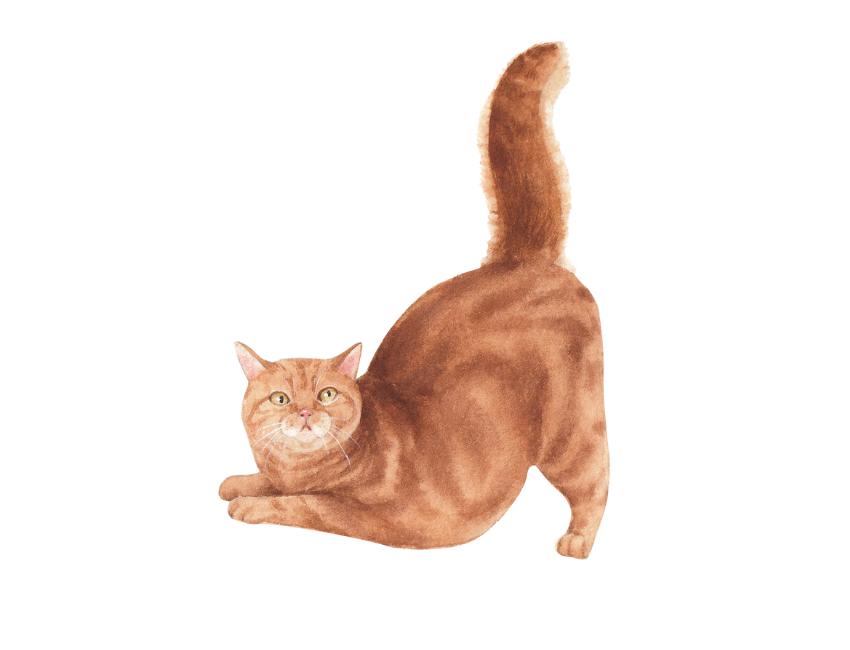
Frequently Asked Questions
How can i ensure my persian cat is protected from illnesses?
The best way to ensure your Persian cat is protected from illnesses is to get them vaccinated. Talk to your vet about which vaccinations are right for your cat, and keep up with routine checkups and boosters to ensure your pet is healthy and happy.
What are the benefits of vaccinating my persian cat?
Vaccinating your Persian cat can have a number of benefits, such as improved immunity from contagious diseases and viruses, protection from potentially serious and life-threatening diseases, and improved overall health. Vaccines also help in controlling the spread of diseases and viruses, which is beneficial for both your cat and other cats in your area.
Are there any special treatments for vaccinated persian cats?
Yes, there are special treatments for vaccinated Persian cats. Vaccinated cats should receive annual check-ups, regular deworming and flea control, and bi-annual vaccinations. Additionally, these cats should be monitored for signs of illness or injury and receive prompt medical attention if needed. With proper care, vaccinated Persian cats can live long, healthy lives.
Are there any other types of vaccines recommended for persian cats?
Yes! In addition to the few core vaccines recommended for Persian cats, there are other vaccines that may be beneficial depending on your pet’s lifestyle. These vaccines may include feline leukemia, feline infectious peritonitis, and rabies. Talk to your veterinarian to determine which vaccines are best for your Persian cat.
What can happen if i don’t vaccinate my persian cat?
If you don’t vaccinate your Persian cat, they can become more vulnerable to serious, contagious illnesses. These illnesses can compromise your cat’s health, and in some cases, can be fatal. Vaccinations are an important part of preventative health care and can help protect your cat from illness.

